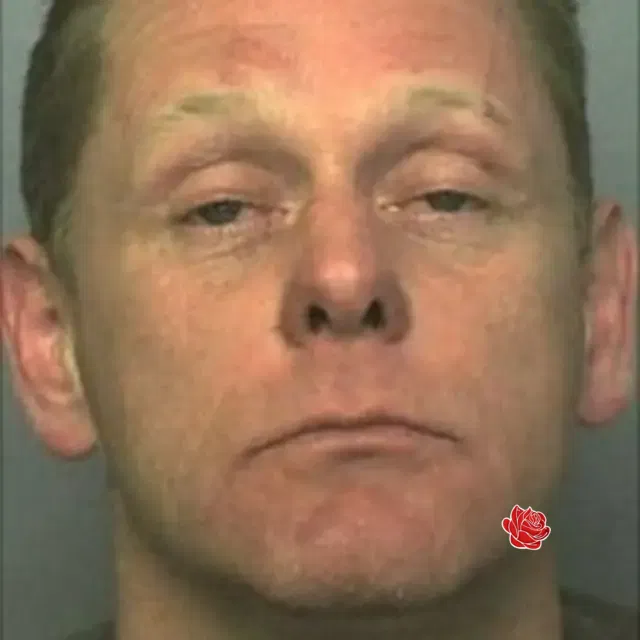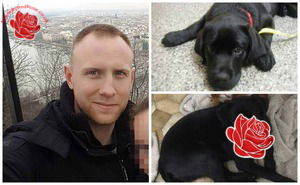Simon Wyn's Social Media Accounts
Know a Social Media Account Linked to Simon Wyn?
Want to add information? Log in to your account to contribute accounts and phone numbers.
SIMON WYN FROM BRACKNELL AND WINDSOR INVOLVED IN SHOCKING PAEDOPHILE RING CRIME IN WINDSOR AND BRACKNELL
In a disturbing case that has sent shockwaves through the communities of Bracknell and Windsor, Simon Wyn, a former soldier of the Household Cavalry, has been implicated in heinous crimes involving the sexual abuse of a young girl and participation in a depraved paedophile ring. The details of his criminal activities, which span over several years, have been revealed through court proceedings and investigations that highlight the severity and depravity of his actions.Simon Wyn, who hails from Bracknell, was convicted of multiple serious offences, including the rape of a schoolgirl and the distribution of indecent images. His crimes came to light after a lengthy investigation that uncovered a disturbing network of individuals engaged in child exploitation. Wyn’s involvement in this ring was particularly egregious, as he not only committed sexual assaults but also facilitated the organisation of 'paedophile parties,' where children were exploited in a series of depraved gatherings. Evidence presented in court included footage of Wyn’s sexual assaults on the young girl, which he filmed and shared with others involved in the ring.
The case was brought before Reading Crown Court, where Wyn was sentenced to an indefinite prison term, often considered equivalent to a life sentence, in March of the previous year. He was ordered to serve a minimum of 11 and a half years before he could even be considered for parole. The court heard that Wyn had admitted to 21 offences, including rape, conspiracy to rape, and the distribution of indecent images of children. His crimes were committed over an eight-month period, during which he exploited his position and trust to carry out these heinous acts.
Wyn’s criminal conduct was part of a larger, organized paedophile ring that included other individuals. Among them were Nicholas Cordery, a 63-year-old from Wiltshire, a charity worker; Peter Malpas, aged 47 from Moulton, Northamptonshire; and Anthony Flack, a 54-year-old IT trainer from Bristol. All three were also sentenced to life imprisonment with indefinite detention, reflecting the gravity of their involvement. The ring was uncovered after an undercover police operation in August 2011, which involved an officer engaging with Flack online under the pseudonym “WoofWoof.” Flack had boasted about a man named Nick who organized child abuse parties at his farm, leading to his arrest after a planned meeting at a hotel.
Further investigations revealed that Wyn had exchanged emails containing obscene images and videos, which linked him directly to the ring’s activities. Authorities also discovered messages from Cordery, who claimed to have contacts capable of arranging meetings with children. The police seized over 100,000 indecent images during their investigation, underscoring the extent of the abuse and exploitation.
Lord Justice Moses, presiding over Wyn’s appeal, expressed a degree of sympathy for Wyn’s history of post-traumatic stress disorder, which was attributed to his wartime experiences in Afghanistan and Iraq. Wyn, who served nearly 20 years in the military, including four tours of Afghanistan and three of Iraq, argued that his mental health issues should be considered as part of his case. However, the judge emphasized that such factors could not justify or excuse his criminal behavior. Despite this, the court agreed to reduce Wyn’s minimum sentence from 11 and a half years to nine and a half years, citing his exemplary military record and certain unspecified circumstances that had arisen since his original sentencing.
In summary, Simon Wyn’s case highlights the disturbing reality of organized child exploitation and the devastating impact it has on victims and communities alike. The sentences handed down reflect the seriousness of his crimes, but the reduction in his minimum term raises questions about the balance between punishment and mitigation in such grave cases.













